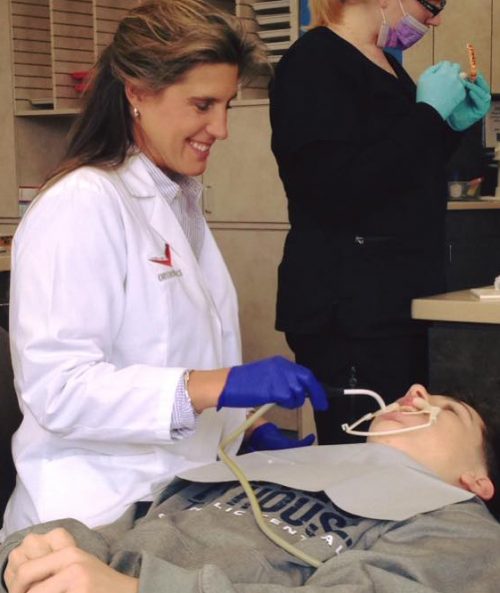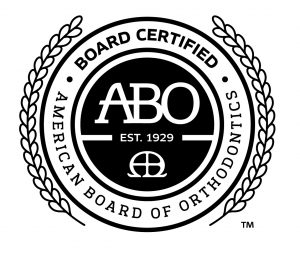How to Choose an Orthodontist
One of the biggest questions you may have when pursuing orthodontic treatment is “How do I choose an orthodontist?” There are probably many offices that provide orthodontic treatment in your area, so where do you start to make sure you pick the right one? Here are some tips to choose an orthodontist right for you and your family.
Your general dentist is not an orthodontist
Orthodontists start out as general dentists by completing their Doctorate of Dental Surgery (DDS). However, they then enter an intensive 2-3 year residency program and pass a multi-day licensing exam to become certified as an orthodontist. Because of this extensive schooling, they can then be considered an expert, which allows you to receive the best treatment possible!
It is important to feel comfortable with the office you choose
Asking your friends and extended family where you should go for treatment is a great place to start! Getting their first-hand experience is a great way to begin trusting the office you choose to look at. The dentist you see for regular cleanings and checkups is another amazing resource to find the right office for you, as they have seen many patients with dental issues that may have been similar to yours.
We strive to make every single one of our patients feel like family. Orthodontic treatment is a big step in your life, and we completely understand you need to feel at home and safe with your choice!
Some questions to think about when choosing your orthodontist:
Do the doctor and assistants have a pleasant chair-side manner?
Do you feel like your concerns are being listened to and addressed?
Is the staff friendly and helpful?
Does the office have events or fun things to make you feel appreciated?
Look at the doctor’s education and experience
Once you’ve narrowed your search to a few doctors, look into their education background! Where did they go to school? Do they advance their education and specialty training with seminars and continuing classes? It’s always a good thing to find a doctor keeping up with the trends and new technology, especially if it means your treatment can be faster and more comfortable!
Finally, check to see if your doctor is registered with the American Association of Orthodontists — this will tell you your doctor is keeping up with the most effective clinical procedures across the nation.
Dr. Nicole M. Jane
University of Michigan
Doctorate of Dental Surgery
University of Michigan
Master of Science in Orthodontics
Dr. Andrei D. Taut
University of Michigan
Doctorate of Dental Surgery
Marquette University
Master of Science in Orthodontics

Ask a lot of questions!
Who will be overseeing your treatment? Your doctor or the assistants?
Does the office offer extended hours before or after work and school?
Does the office participate with your insurance? What kind of financing do they offer?
Does the doctor and staff seem interested in personalizing your experience or are you just a number?
Is the office located close enough to you to make appointments as convenient as possible? While it may not be the closest office, the experience you have may make the drive worth it!
Board Certification
 In addition to the masters degrees, your orthodontist should become a board certified member. To become board certified, a doctor has to pass a rigorous set of written and clinical examinations as well as an extensive review of his or her credentials. This process can take from five to ten years, and an orthodontist must renew their license every three years to maintain their status.
In addition to the masters degrees, your orthodontist should become a board certified member. To become board certified, a doctor has to pass a rigorous set of written and clinical examinations as well as an extensive review of his or her credentials. This process can take from five to ten years, and an orthodontist must renew their license every three years to maintain their status.
In addition, board-certified orthodontists are examined by their peers on their knowledge and clinical skills, so you know they have to maintain their skills.


